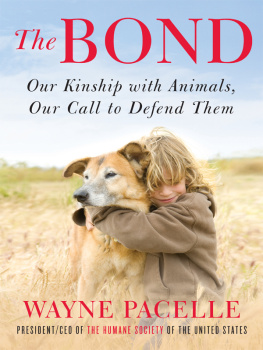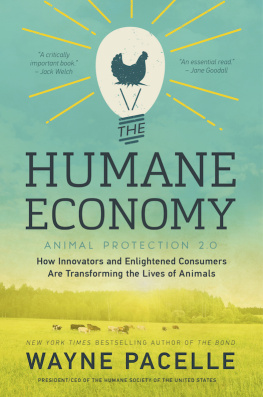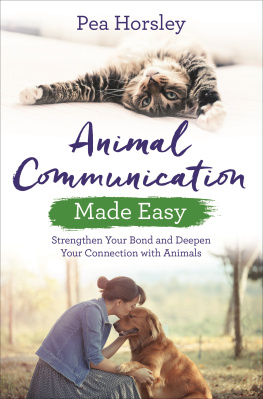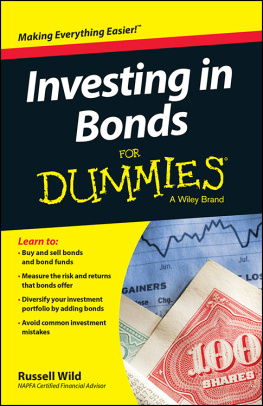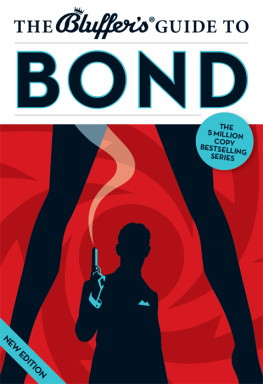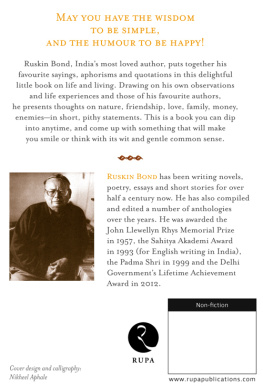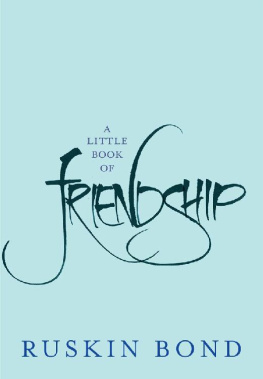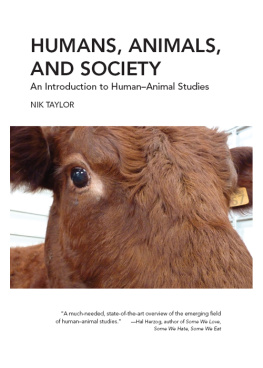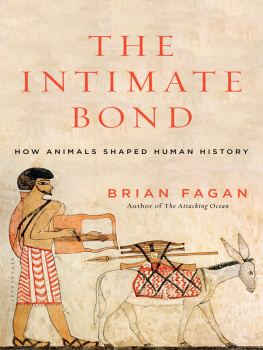Wayne Pacelle - The Bond: Our Kinship with Animals, Our Call to Defend Them
Here you can read online Wayne Pacelle - The Bond: Our Kinship with Animals, Our Call to Defend Them full text of the book (entire story) in english for free. Download pdf and epub, get meaning, cover and reviews about this ebook. year: 2011, publisher: William Morrow, genre: Home and family. Description of the work, (preface) as well as reviews are available. Best literature library LitArk.com created for fans of good reading and offers a wide selection of genres:
Romance novel
Science fiction
Adventure
Detective
Science
History
Home and family
Prose
Art
Politics
Computer
Non-fiction
Religion
Business
Children
Humor
Choose a favorite category and find really read worthwhile books. Enjoy immersion in the world of imagination, feel the emotions of the characters or learn something new for yourself, make an fascinating discovery.
- Book:The Bond: Our Kinship with Animals, Our Call to Defend Them
- Author:
- Publisher:William Morrow
- Genre:
- Year:2011
- Rating:4 / 5
- Favourites:Add to favourites
- Your mark:
The Bond: Our Kinship with Animals, Our Call to Defend Them: summary, description and annotation
We offer to read an annotation, description, summary or preface (depends on what the author of the book "The Bond: Our Kinship with Animals, Our Call to Defend Them" wrote himself). If you haven't found the necessary information about the book — write in the comments, we will try to find it.
A fascinating exploration of humanitys eternal bond with animals, and an urgent call to answer the needs of millions of at-risk creatures
A landmark work, The Bond is the passionate, insightful, and comprehensive examination of our special connection to all creatures, written by one of Americas most important champions of animal welfare. Wayne Pacelle, the president of the Humane Society of the United States, unveils the deep links of the human-animal bond, as well as the conflicting impulses that have led us to betray this bond through widespread and systemic cruelty to animals.
Pacelle begins by exploring the biological and historical underpinnings of the human-animal bond and reveals our newfound understanding of animals, including their remarkable emotional and cognitive capacities. In the books second section, Pacelle shows how the bond has been disastrously broken. He takes readers to a slaughter plant shuttered for inhumane practices, as well as the enormous egg factory farms of California. We visit Leavenworth Federal Penitentiary in Kansas to speak with NFL star Michael Vick, then serving his sentence for dogfighting. Pacelle paints a portrait of New Orleans in the aftermath of Hurricane Katrina, and highlights the heroic actions of residents and volunteers to reunite pets with their owners. Pacelles narrative also leads the reader to remote locations in which conflicts over the killing of wildlife continue to play outfrom the fields outside of Yellowstone National Park where bison are slaughtered with the encouragement of federal authorities, to the ice floes of Atlantic Canada where seal nurseries turn into killing fields.
In its final section, The Bond takes on the arguments of opponents and critics of animal protection and spotlights the groups and industries standing in the way of progressfrom the National Rifle Association and agribusiness organizations like the American Farm Bureau, to surprising adversaries like the American Veterinary Medical Association and the American Kennel Club. Ultimately, Pacelle points the way to a new, humane economyone not built on extraction, suffering, and killing, but on the celebration, stewardship, and care of animals.
An eye-opening must-read, The Bond reminds us that animals are at the center of our lives, they are not just a backdrop. How we treat them is one of the great themes of the human story.
Wayne Pacelle: author's other books
Who wrote The Bond: Our Kinship with Animals, Our Call to Defend Them? Find out the surname, the name of the author of the book and a list of all author's works by series.

